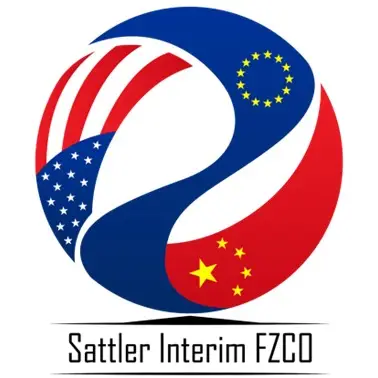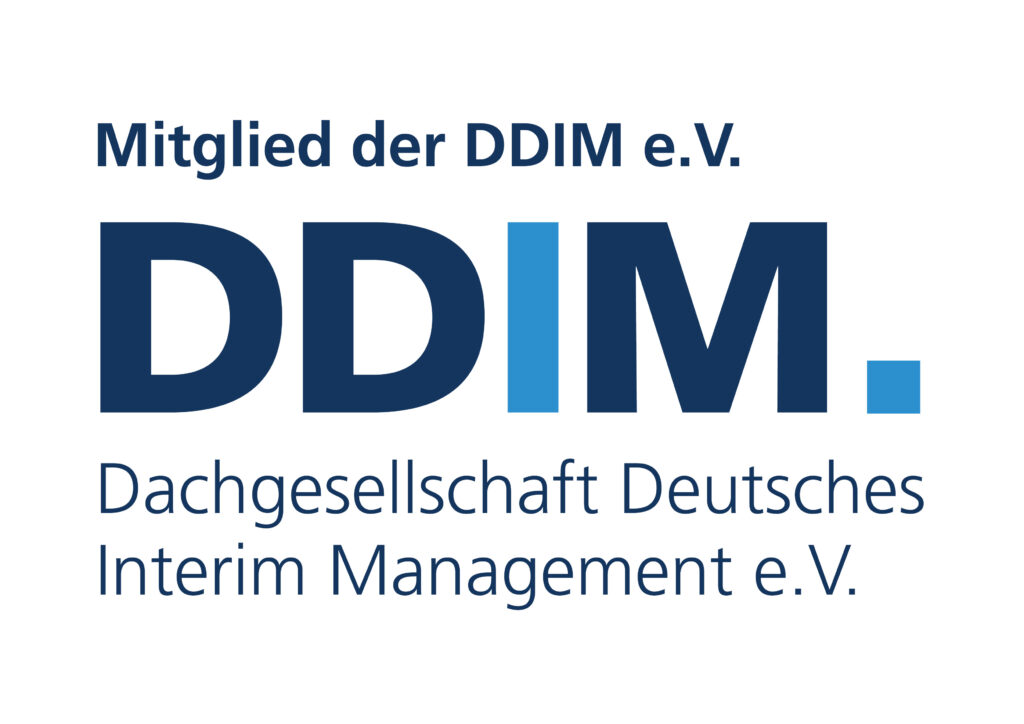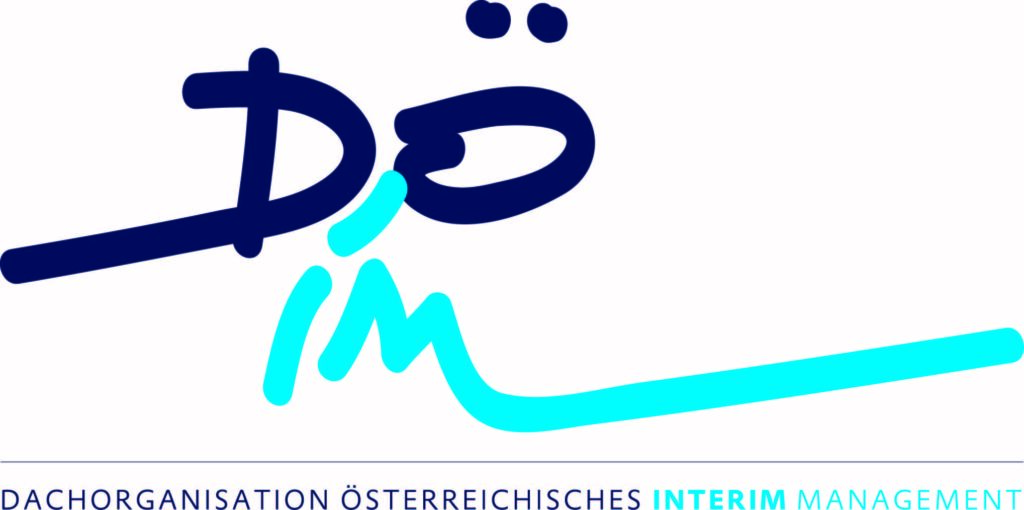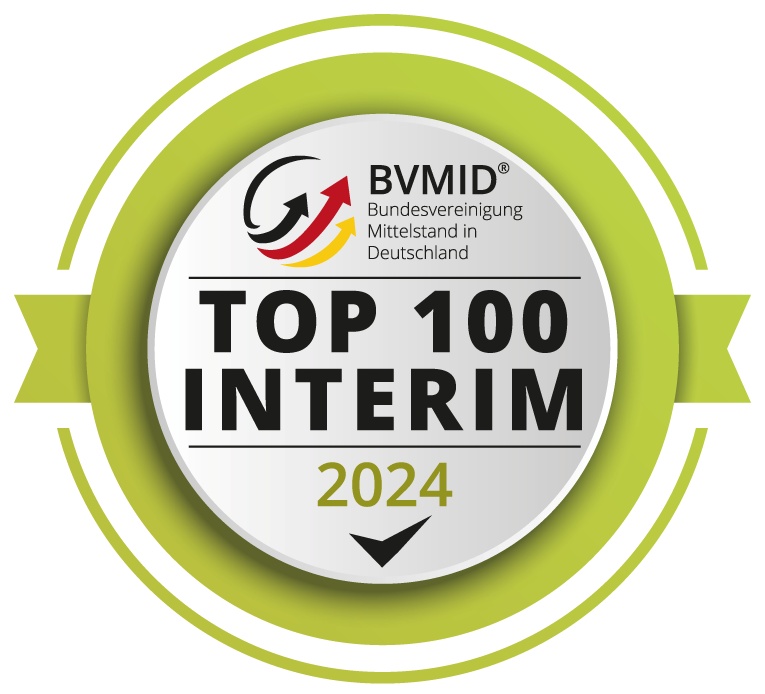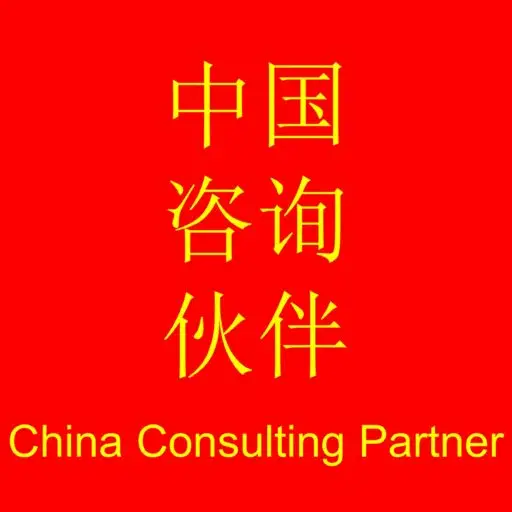
Interim CIO: Dr. Claus Michael Sattler
Digitization
Digitalization: definition, examples and effects

Digitization is a term that has become increasingly important in recent years. But what exactly does digitization actually mean? Essentially, it describes the process of converting analog information, data and processes into digital formats[source: 1]. This makes it possible to store, process and transfer information electronically.
Examples of digitalization in everyday life
Digitalization has found its way into many areas of our daily lives. Here are some specific examples:
- Virtual assistants: Voice-controlled devices such as Amazon’s Alexa or Apple’s Siri have become popular household helpers[source: 3].
- Online banking: The ability to make transfers and other banking transactions online has made going to a bank branch superfluous for many[source: 3].
- E-commerce: Online stores such as Amazon and Zalando have fundamentally changed the way we shop[source: 3].
- Digital communication: emails, instant messaging and video conferencing have revolutionized the way we communicate.
- Streaming services: Platforms such as Netflix and Spotify have digitized the entertainment industry.
Digitization in various sectors
Digitalization does not stop at various sectors of the economy and society:
- Healthcare: In the healthcare sector, digitalization enables, for example, electronic patient records, telemedicine and the use of AI in diagnosis[source: 2].
- Administration: Public administration is increasingly using digital technologies to make citizen services more efficient. One example is the possibility of dealing with authorities online[source: 2].
- Banking: In addition to online banking, digitalization in the financial sector also includes mobile payment systems, robo-advisors for investment advice and blockchain technologies[source: 3].
- Tourism: The travel industry has opened up new opportunities through online booking platforms, digital travel guides and virtual reality[source: 3].
- Agriculture: Digitalization is also finding its way into agriculture, for example through the use of drones for field monitoring or GPS-controlled agricultural machinery[source: 3].
Digitalization technologies
Various technologies are driving digitalization forward:
- Cloud computing: Enables flexible access to data and applications[source: 1].
- Big Data Analytics: Helps companies to analyze large amounts of data and gain valuable insights from it[source: 1].
- Internet of Things (IoT): Connects physical devices to the internet to exchange and communicate data.
- Artificial intelligence (AI): Enables machines to simulate human-like intelligence and master complex tasks.
- Blockchain: Provides a secure and transparent method for storing and transferring data.
Opportunities and challenges of digitalization
Digitalization offers numerous opportunities, but also brings challenges:
Opportunities:
- Increased efficiency and productivity
- New business models and innovation opportunities
- Improved customer experience
- More flexible working models (e.g. home office)
Challenges:
- Data protection and cyber security
- Need for continuous further training
- Potential job losses due to automation
- Digital divide in society
Conclusion
Digitalization is a comprehensive process that affects almost all areas of our lives. It offers enormous opportunities for innovation and increased efficiency, but also presents us with new challenges. In order to make the most of the benefits of digitalization while minimizing the risks, a conscious and responsible approach to digital technologies is required.
Ultimately, digitalization is not just about technology, but also about cultural change. It is important that we as a society actively shape this change, taking ethical aspects and social impacts into account. This is the only way we can ensure that digitalization contributes to positive development for everyone.
The future will undoubtedly be shaped even more by digital technologies. It is up to us to shape this development in such a way that it benefits us all and leaves no one behind. Digitalization is not an end in itself, but a tool that can help us overcome the challenges of our time and shape a better future.
Sources
- https://www.babbelforbusiness.com/de/blog/personalentwicklung-im-digitalen-wandel/
- https://egovernment-podcast.com/feed/aac/
- https://blog.enra.app/digitalisierung-beispiele-fur-digitalisierung-aus-verschiedenen-bereichen-2/
- https://www.wernerkraemer.de/laden2.htm
- https://www.jobrouter.com/de/unternehmensdigitalisierung/
- https://finanzwesir-rockt.podigee.io/feed/mp3
- https://studyflix.de/informatik/digitalisierung-4234
- https://wirtschaftslexikon.gabler.de/definition/digitalisierung-54195
- Image: ChatGPT
